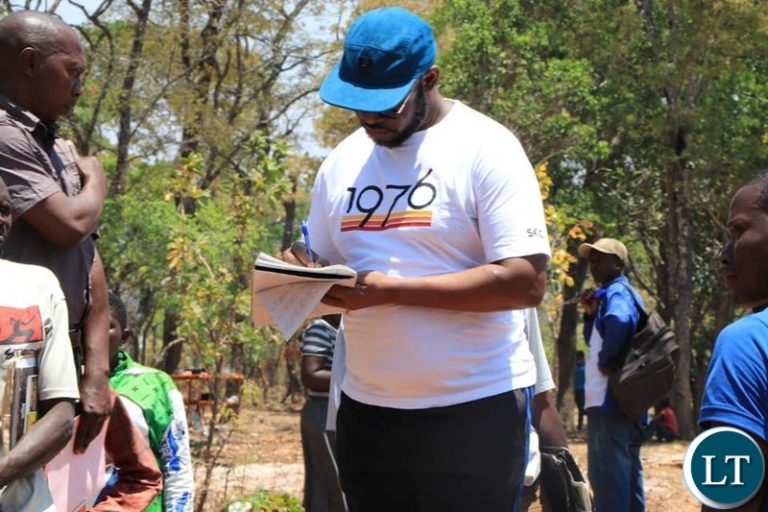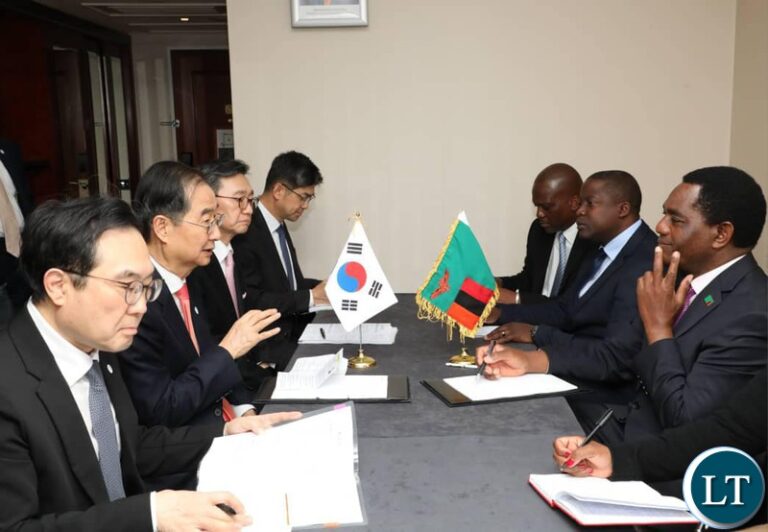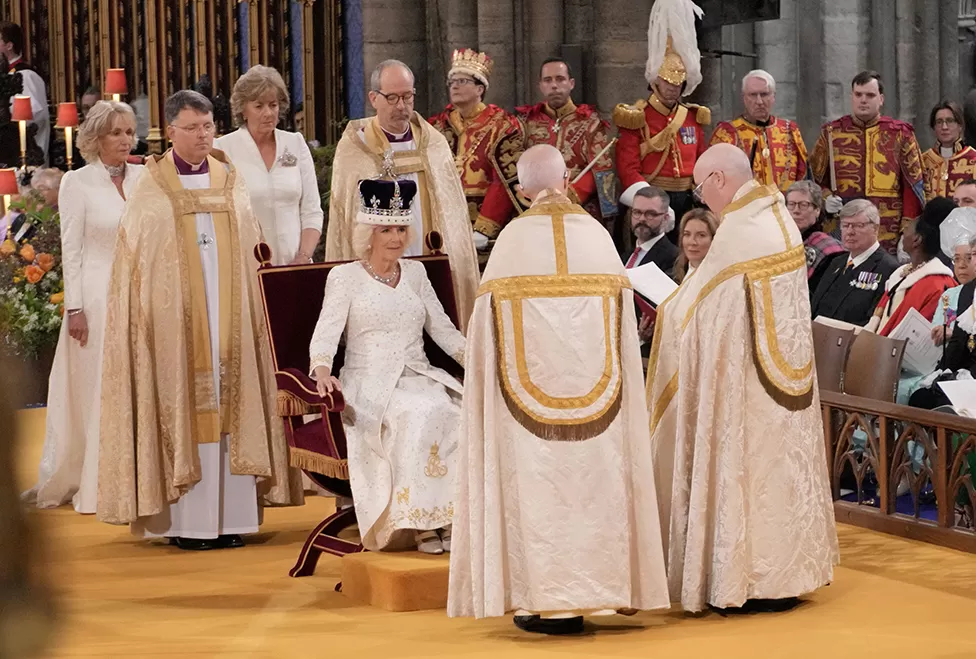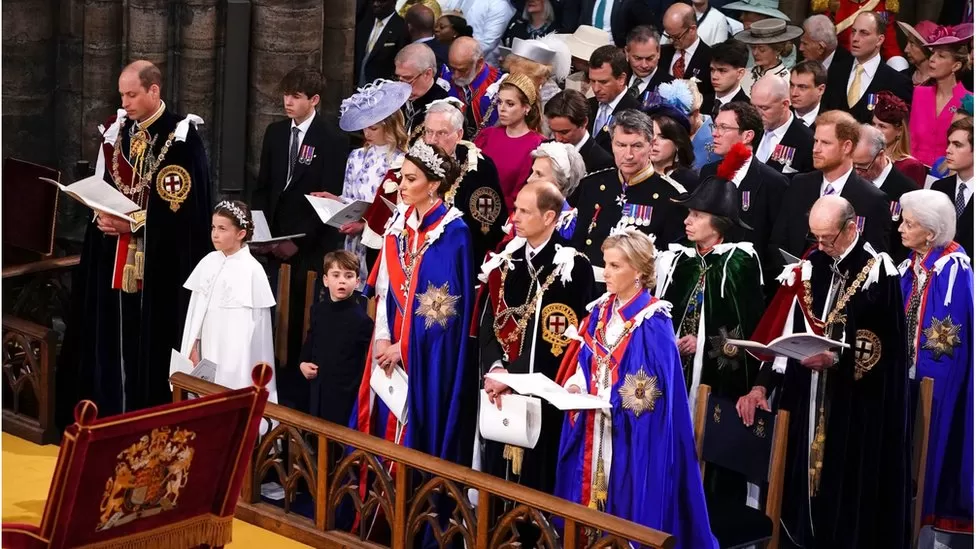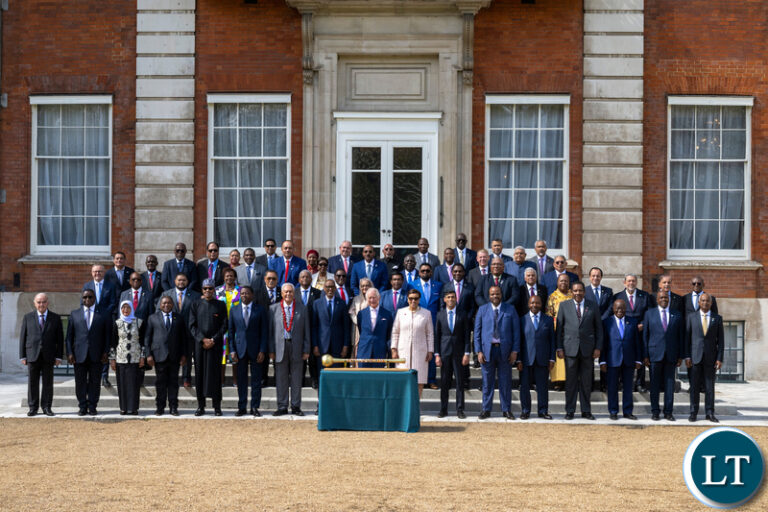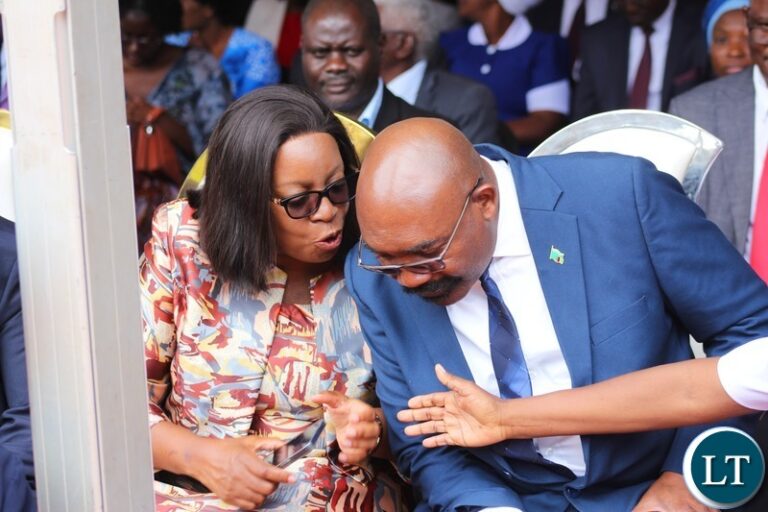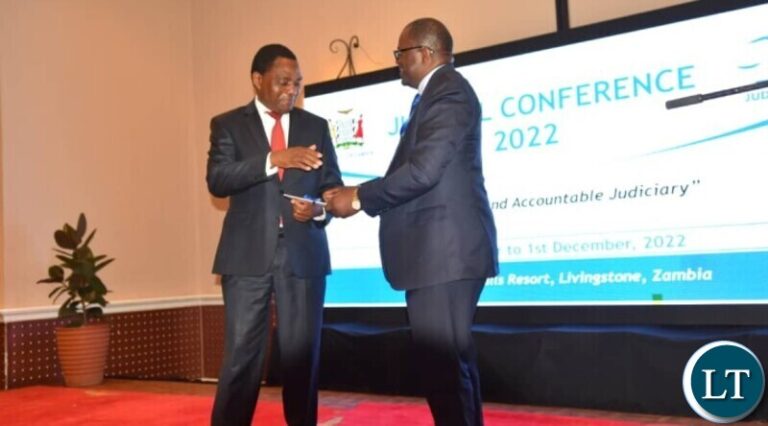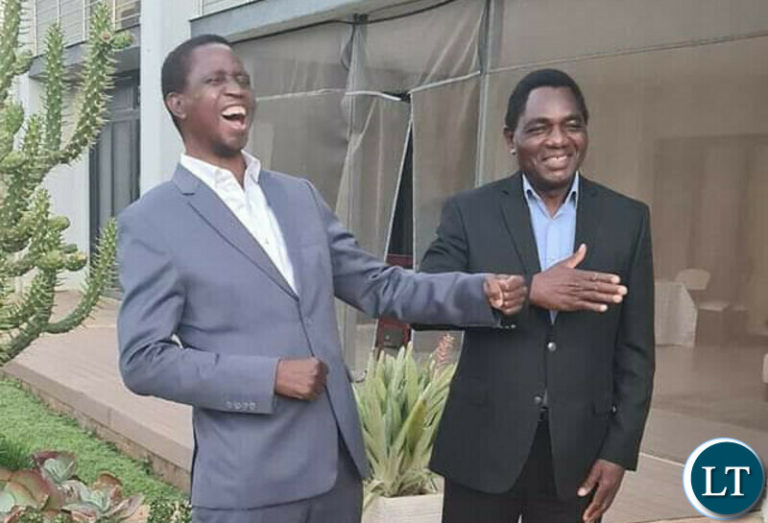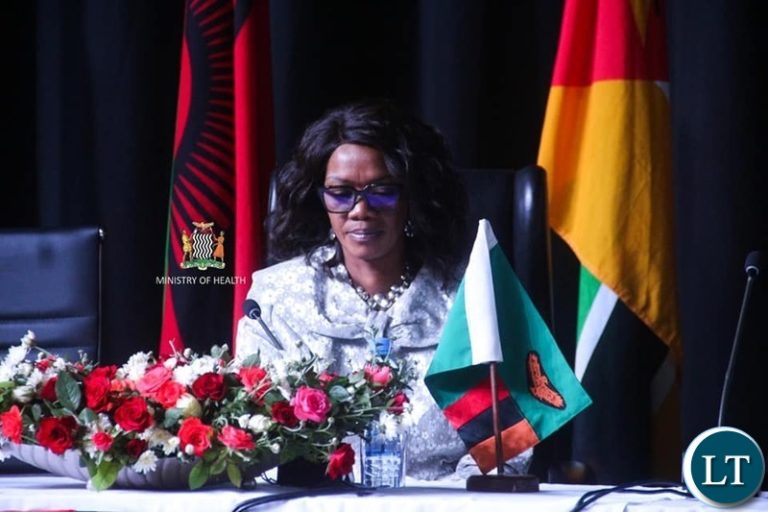By Isaac M. Mwanza
During a rare meeting last week, one of Zambia’s cooperating partners expressed serious concerns with regard to the pace of judicial reforms in Zambia.
The fishy role our superior courts played in the Kwacha and Kabushi Constituency by-elections continue to raise eyebrows among partners.
A major concern has been whether development assistance to the Judiciary would contribute towards desired reforms, increase public confidence in the Judiciary and make the institution more responsive.
Our Judiciary certainly needs adequate funding from government and assistance – both financial and technical – from our cooperating partners so as to make it efficient in the delivery of justice.
There are certain reforms that do not need serious financing but a proactive and internal commitment by the Judiciary itself to expeditiously hear and render judgements in a timely manner.
The delays in delivering judgments by the Supreme Court, now joined by the Constitutional Court, is more worrisome, especially in processes that affect citizens’ liberties, democracy and the country’s governance.
Our nation’s growth as a constitutional democracy requires that cases affecting our Constitution are attended to and determined in an expeditious manner.
Unfortunately, that has not been the case. The nation cannot afford to have such cases put on the back burner to simmer.
Prior to the 2016 constitutional amendments, we saw the 1996 presidential election petition drag on for 2 years while the 2001 presidential election petition dragged on for 4 years.
A case involving misconduct by one minister had also dragged for 3 years with the sanctioned minister staying in Parliament on a court order.
The affected parliamentarian was thus allowed to complete his parliamentary term without facing the sanctions stipulated in the Ministerial and Parliamentary Code of Conduct Act.
It was against this sad situation of inordinate and inexplicable delays in determination of electoral disputes and their deleterious effects on our nascent democracy that Zambians were compelled to put timelines in the Constitution.
It is this author’s opinion that, if the Judiciary had been proactive, Zambia did not need a constitutional review process to enshrine timelines for the courts to determine matters.
The Chief Justice of the Republic is empowered by law and can still make rules for disposing of cases in both the Supreme and Constitutional Courts.
This was recently done with revision of High Court Rules, providing timely disposal of cases by judges of the High Court.
Although the Constitution stipulate fixed periods within which a tribunal and court should dispose an electoral dispute, no such timelines exist for the Constitutional Court to dispose appeals.
Almost 2 years after the 2021 general election, some appeals remain undecided. In another constitutional case filed in February 2022, the decision – short as it was – was only delivered one year later.
In various courts, the country has seen cases involving political leaders or the government dragging on interminably as our adjudicators avoid rendering a “difficult” verdict.
The torment and anguish suffered by the suing parties who demand justice is completely ignored by our courts who seem to accept excuses tendered by government lawyers, and sometimes advocates to private litigants, to adjourn highly contentious matters interminably.
The stern warnings to enter judgment in default are never taken seriously: the government defendant or respondent rarely gets punished.
In one case in 1996, a High Court judge who had the courage to dismiss a dozen or so criminal cases for want of prosecution and freed accused persons faced a witch-hunt on mysterious charges until he stepped down.
Since then, no judge dares punish the government for its misconduct in matters before the courts.
During one meeting in Nairobi, civil society from selected African countries developed what is now a growing theory of “let time and not the court manage the case” to explain why judges would delay delivery of judgments in a contentious matter.
Under this theory, courts are said to deliberately delay judgments in order for the public and litigants to lose sight and memory of keys facts in those cases, or to lose interest such that when a judgment is finally delivered, there is less effect or discussion or public concern about the outcome.
In Kenya, superior courts have won the confidence and respect of the people of Kenya because of the timely manner in which they deliver judgments and the conclusive nature of their decisions.
In Zambia, the case of former Ministers under the Edgar Lungu administration which occurred shortly after amendments to the Constitution is a much-celebrated case for two reasons.
The first was the timeliness in the delivery of the decision by the Constitutional Court and the impact it had on jurisprudence.
The second was about the extraordinary courage the judges exhibited in holding an influential Republican President who appoints judges and his ministers accountable.
At that time, public sentiments were that Judges would not summon the courage against their appointing authority as they had just been appointed to the prestigious bench of the Constitutional Court.
There is of course another precedent in which the Court categorically held that were the Constitution does not provide for retraction of a resignation letter, a councillor who resigns cannot rescind his or her resignation.
These were certainly bold decisions by our Constitutional Court!
Freedom of expression and information remains a big issue with our court proceedings.
Chief Justice Malila had recently raised some now-dying hope that the courts would open their doors in 2023 to media houses who wish to give live courage to court proceedings.
This reform does not require much effort except engagement with the media on positioning of cameras and orienting them on how to preserve the decorum of the courts.
In South Africa, such live media coverage comes with it uncensored commentaries to ensure the public understand issues associated with a matter before court.
Our Judiciary in Zambia is ducking and weaving, to avoid implementation of the proposed reforms on media live coverage.
Nevertheless, the Judiciary must be commended for launching the office of Resident Judge at Provincial level.
If there are any lessons to be learnt though, it is how to not hastily establish courts so as to meet the political aspirations of the executive branch of government.
The establishment of the Economic and Financial Crimes Court (EFCC) in haste has created a perception – whether true or false – that the EFCC is nothing but a vessel for fixing political opponents while the economic and financial ills currently being committed are swept under the carpet.
The EFCC was established without any accompanying legislation to prescribe its jurisdiction, powers and sittings.
These court is said to be operating on the basis of jurisdictional decrees whose validity is contentious.
The Judiciary seem to have realised that it was wrong to first operationalise the EFCC and allow it to operate based on administrative decrees without enacting enabling legislation to govern its establishment.
Justice in Zambia can be a mockery especially when one is in litigation against the State, a most powerful party. Courts have a duty to protect communities from the powerful and politically correct.
[Published by the Daily Nation, May 2023]


